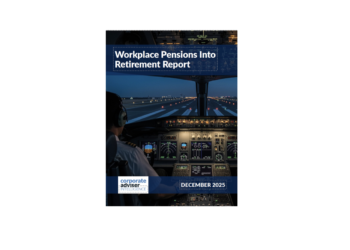In its provisional decision report published today, part of its Investment Consultants Market Investigation, the CMA says indicators of low engagement with investment outcomes by DC schemes raise a risk to the financial outcomes for millions of DC scheme members in the longer term.
It has recommended DWP and TPR should consider further measures needed to address this lack of engagement.
The CMA found that the use of investment consultancy and fiduciary management services is much lower amongst DC schemes than it is amongst DB schemes: the CMA survey found that only 38 per cent of DC schemes use investment consulting and 5 per cent use fiduciary management, compared to 82 per cent and 14 per cent respectively for DB schemes.
It found that DC pension schemes are less likely to be ‘engaged’ customers of investment consultants and fiduciary managers: in particular, DC schemes have considerably lower rates of switching and tendering than average, and are less likely to have formally reviewed their provider.
The CMA preliminary findings paper also pointed to TPR research showing that the strength of governance of DC scheme investment is lower, with the average level of trustee qualifications lower for DC schemes, fewer DC trustees undertaking formal training, and only around a third of DC trustees believing all members of their boards meet the standards required in TPR’s code of practice. The CMA survey found that DC schemes have fewer meetings and spend less time on their duties than DB trustees.
The CMA survey also found that trustees of DC schemes were less likely to consider the sponsor as ‘very important’ in monitoring and scrutinising their investment consultant. The CMA was frequently told that hybrid schemes typically devote much more time and attention to their DB element than their DC element.
The CMA notes that the existence of investment fee caps on default arrangements limit DC schemes’ choice of investments and therefore may also limit their need for advice. Also, as many DC schemes are less mature, it is possible that they are currently more focussed on member contributions and scheme design, rather than on member outcomes via their investment strategy, said the CMA.





